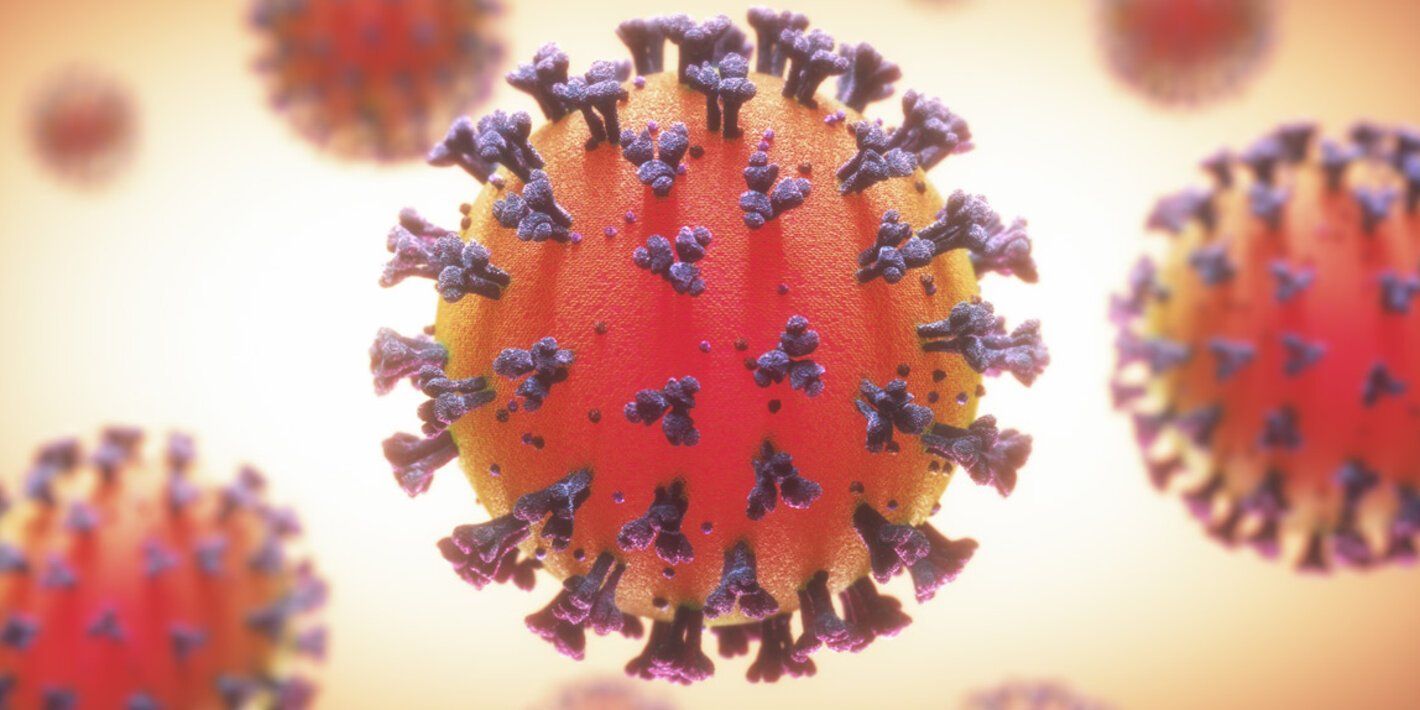Pain: Our BFF
Amidst the rush of this holiday season, let's all pause for a moment, reflect on the many positive aspects of our lives, and give thanks for our special Best Friend Forever (BFF): pain.
Pain is a wonderful adaptation that helps human survival. It tells us - in an intense and immediate way - that we are doing something that is harmful and that we had better STOP right now if we know what's good for us. Think of the feeling of touching a hot stove, or over stretching our muscles. ain also tells us when something is wrong inside our bodies, like appendicitis. People who cannot feel pain because of genetic disorders or neurological damage lead dangerous lives. They have been reported to suffer from bitten tongues, scaldings, and serious infections without knowing it.
The main problem for most of us is when our pain becomes chronic. At that point, we have received the message loudly and clearly that something is wrong: we don't need additional pain to understand the warning. We might have sought medical advice and undergone physical exams, MRIs, and other tests to pinpoint the source. And, our doctors might have told us that while they understand what is causing our pain, there is nothing that they can do to treat the underlying problem.
Sound familiar? You are not alone. According to the American Academy of Pain Medicine, chronic pain affects more Americans than diabetes, heart disease, and cancer combined. More than 1.5 billion suffer from chronic pain worldwide. Many will live with varying levels of daily pain for the rest of their lives.
While it isn't always possible to treat the underlying problems, there are many proven methods for managing pain itself. Upcoming blog posts will examine some promising strategies.
In the meantime, the next time you have pain, stop and ask yourself what else you are thinking and feeling, in addition to the pain itself. Perhaps you will detect frustration, sadness, or vulnerability.
Anger is my 'go to' emotion when I experience pain. I get mad that I have the problem in the first place, that I cannot do the physical things I want to do, and that there is next to nothing I can do to change the situation. Of course, my anger does nothing to help the situation. In fact, it just makes the pain worse.
Paying attention to your internal chatter about your pain is an important first step towards managing it better. Eventually, you can learn how to separate pain sensations from all the thoughts and other feelings that tend to go along with it. This technique, too, will be examined in greater detail in future blog posts.











